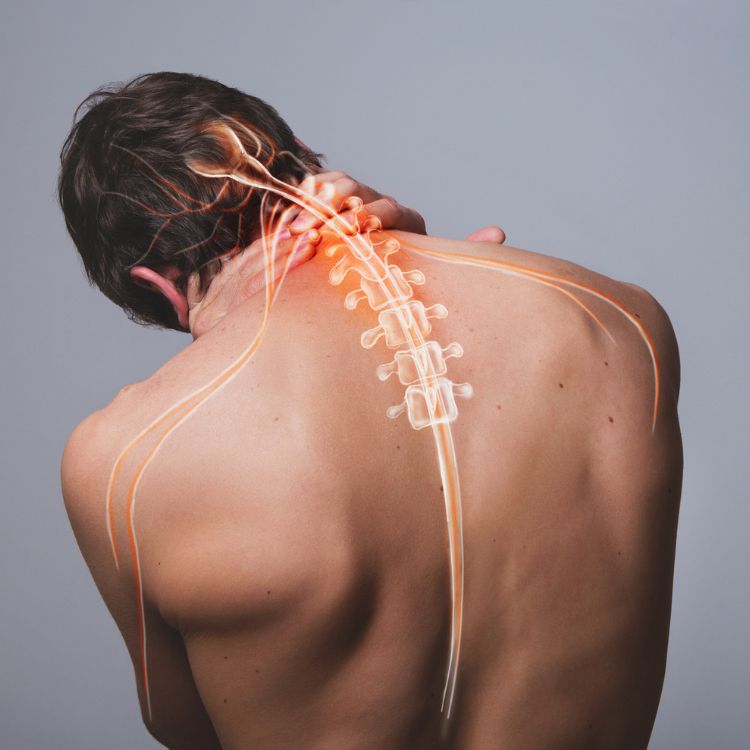Common Causes and Symptoms of Chronic Neck Pain
Chronic neck pain has many potential causes, with muscle strain being the most common. Muscle strain can occur due to awkward positioning while sleeping, reading or working on the computer. It can also occur due to poor posture. The level of pain related to the neck and spine varies between individual cases and can range from a dull ache to a sharp pain that may travel down the arm.
Other common causes of neck pain are:
- Osteoarthritis
- Spinal stenosis, or narrowing of the spinal canal
- Muscle inflammation
- Strenuous physical activities
- Repetitive strain on the spinal column
- Slipped discs
- Nerve compression (a “pinched nerve”)
- Degenerative disc disease
Symptoms of chronic neck pain can include:
- Tight neck muscles
- Muscle spasms
- Headaches
- Pain that worsens when holding your head in one position for a long period
- Changes in mobility in the neck and cervical spine
When to Seek Help From a Neck Pain Doctor
Some types of neck pain are mild and can be addressed by changing how you sleep or work daily. However, there are situations when you should seek medical attention for neck pain, including when the pain:
- Results from physical injuries
- Is accompanied by nerve problems like numbness or tingling
- Persists for several days or months (chronic pain)
- Spreads to pain in other areas of the body (like the arms and legs)
- Results in a headache
- Is debilitating
In some cases, persistent pain can be a sign of an underlying condition. If the pain doesn’t respond to simple remedies such as over-the-counter pain relievers or a heating pad, or gets worse over time, it’s a good idea to see a doctor for a diagnosis.
Treatments Offered for Neck Pain
There are many treatment options for neck pain, depending on the factors causing the discomfort. Care for neck pain relief might include physical therapy, nerve blocks, muscle relaxants, or corticosteroid injections.






